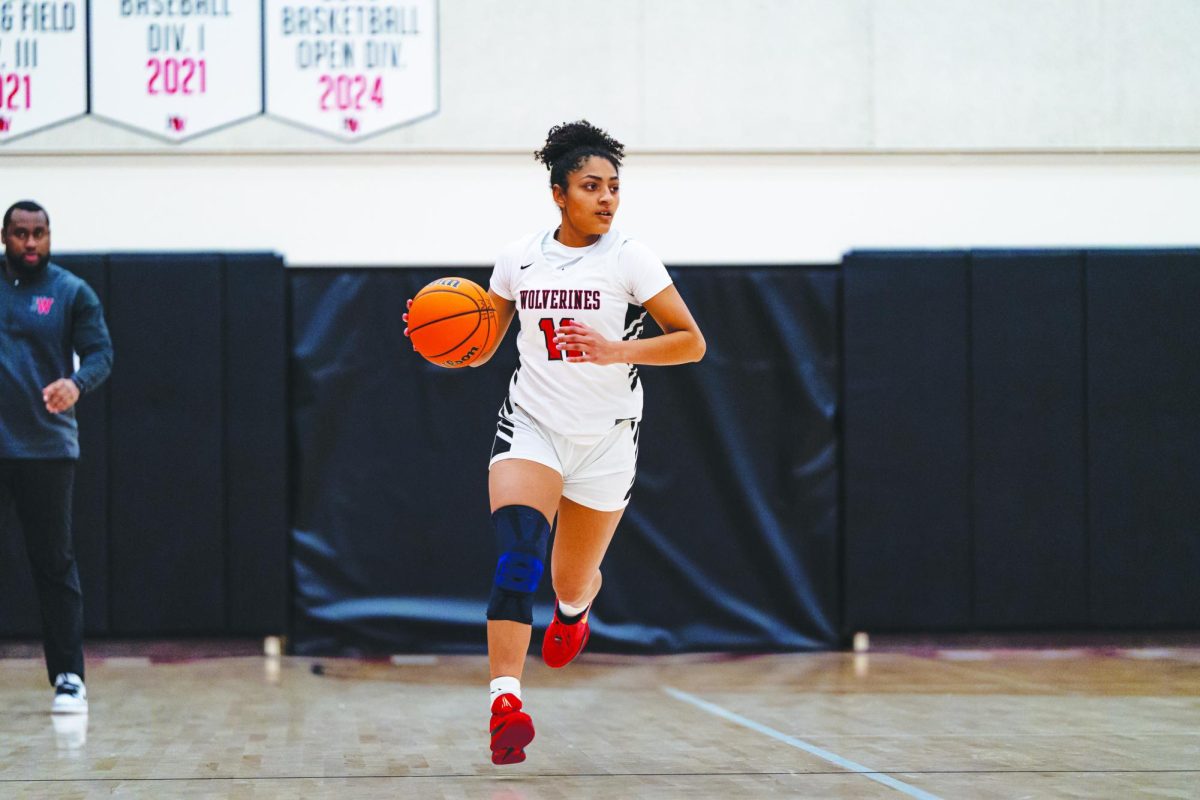With the installation of the field lights at Ted Slavin Field came a plan that unjustly forces students to attend a study hall that complicates transportation and eating situations every day after school before their evening practices.
Every athlete on campus waiting for practice to start must attend a study hall session, a rule that seems more like detention than a helpful homework period. Although it would definitely be beneficial for students to work on their homework before practice, mandatory study hall is cruel and unusual punishment for students who have a light work load or donât mind getting home late.
Actors, musicians, and other students involved in extracurricular activities are not forced to work on homework when they have to stay late. Why should athletes be forced into study halls?
Creating a study hall is not the issue, but forcing athletes to participate is a problem. It should be a choice. Why should athletes be forced into doing schoolwork? Some may assume that the academic rigors of Harvard-Westlake require studying in every free moment.
But we should be trusted to manage our workloads effectively without a school administrator breathing down our necks. While students are able to get off-campus for a doctorâs appointment or similar issue with a signed note, this idea seems unwieldy and prone to miscommunication and exploitation.
Another pressing issue is how students will get home after practice. The department has recently made tentative plans for a 7:30 p.m. shuttle to the middle school, and some students who canât drive themselves home will have a parent drive them home. Parents, as a result, have to battle the tail end of rush hour to pick up their children at around 8 p.m. Some students wonât get home until 8:45 or 9 p.m. at the earliest, and during junior or senior year, this can be a huge inconvenience.
People who are usually forced to depend on the buses will literally be left in the dark at school, with no easy way to come home. Students may not feel very safe riding these buses after nightfall. Since the department has eliminated the need to travel to and from off-campus practice fields, the least that they can do is get those buses to take those student-athletes home from school.
This situation also leaves students to their own devices for dinner. The cafeteria will be open for dinner; however, many student-athletes will eat dinner alone or with friends instead of having dinner with their family during the school week.
Athletes are already sacrificing a large amount of family time for practices and games. That the department is taking away what is the centerpiece of family interaction seems even more unfair.
The lights allow Harvard-Westlake to play home games at night for the first time in school history; however, with the lights came a plan that will unfairly inconvenience many student-athletes every day of the week.
The athletic departmentâs intentions were good, but the plan has large flaws which need to be addressed.


























